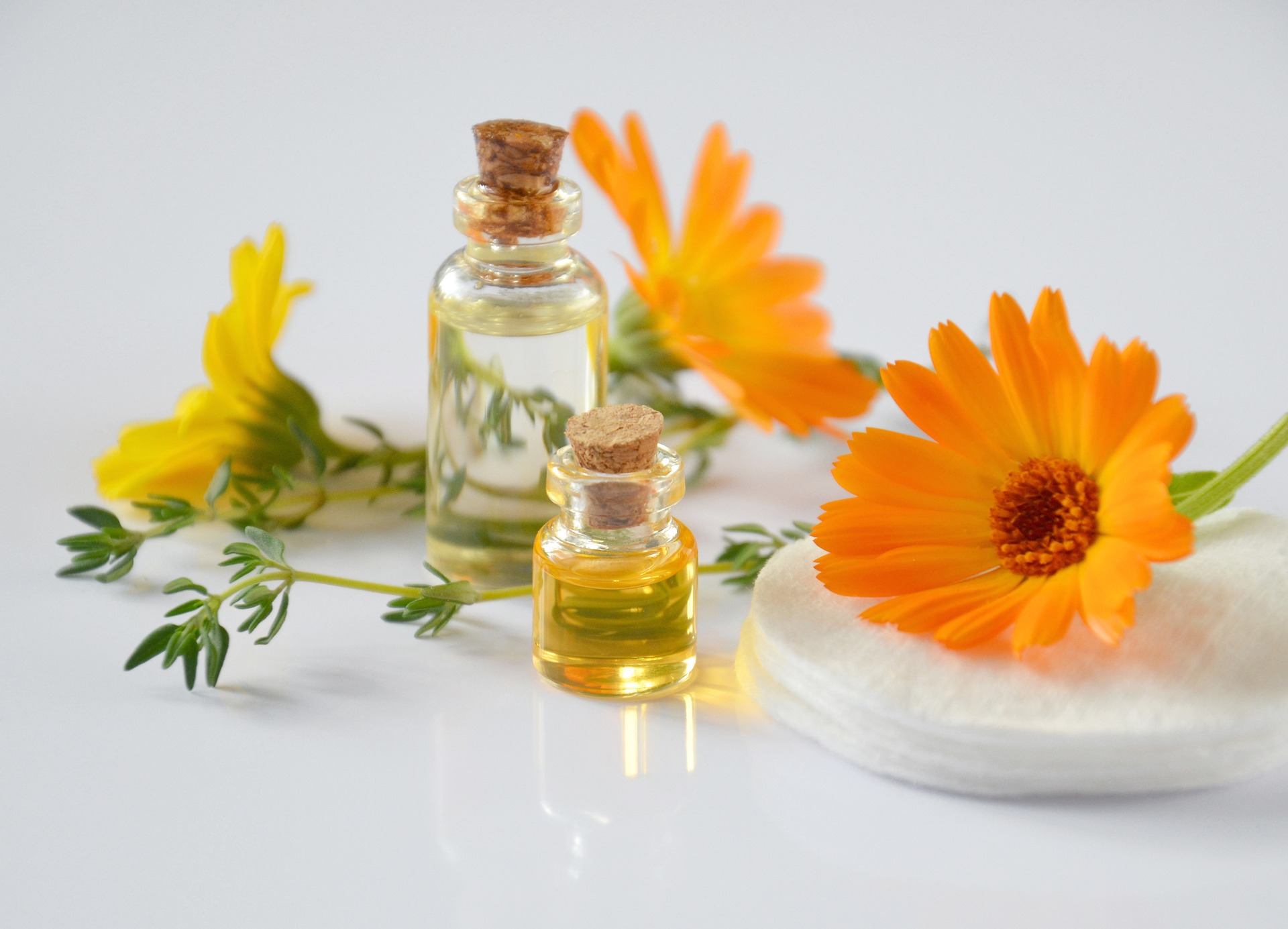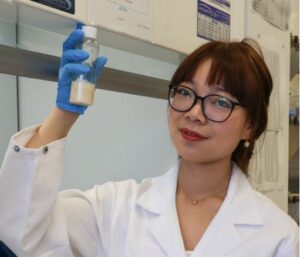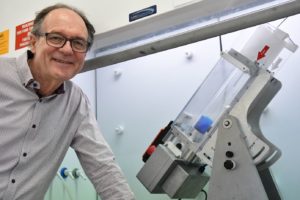
Natural cosmetic products are popular among consumers, with the industry promoting their perceived eco-friendliness.
However, both organic and synthetic shampoos, as well as personal care products, often feature lengthy and complex lists of ingredient lists on their packaging.

To reduce the energy and chemicals needed to produce these popular products, scientists at Flinders University are putting shampoo, lotions and other cosmetic products through a more sustainable process which doesn't rely on added chemicals, heat or additional ingredients to produce a marketable consumer item.
Some of these latest investigations will presented at the 2nd Australian Conference on Green and Sustainable Chemistry in Melbourne this month (8-12 December 2024).
"Green chemistry is the design of chemical products and processes that reduce or eliminate the use or generation of hazardous substances," says Flinders Professor Colin Raston, a leader green chemistry research in Australia.
"To provide cleaner options for production of drugs, food, fuel, other industrial and consumer products, we built a rapidly spinning vortex fluidic device ('VFD') that has liquid-based dynamics capable of emulsifying or altering the chemistry of an incredible range of materials without the need for toxic chemicals and complex processing."
Adhering to green chemistry principles and organic cosmetic standards, the Raston Lab at Flinders University is making inroads into producing more sustainable and 'healthy' organic shampoo and cosmetics. Collaborating with an organic cosmetics company, researchers are looking to improve sustainability using the VFD.
"The VFD has demonstrated its effectiveness in enabling clean and sustainable production processes that comply with the stringent standards and regulations of the organic cosmetics industry," says Xuejiao Cao, a PhD candidate in the Raston Lab at Flinders University.

"We have already found improved quality and cleaning efficiency making organic shampoo with the VFD in the lab," says Ms Cao, who used the high-speed spinning platform to improve the suds 'lather' and shelf stability of organic shampoo without adding to the list of ingredients on the bottle.
Many shampoos and personal products use synthetic stabilisers and preservatives. Even on an organic shampoo bottle, the list of ingredients can be long and complex.
In keeping, the researchers have also successfully utilised the VFD on fatty acid ethyl esters - a common ingredient in organic cosmetics including lotions and creams - to make emulsions with improved stability.
"We look forward to further developments, including other ingredients the fatty acids used as natural antibacterial agents and hair protection ingredients," says Ms Cao.
"This research aims to advance the processing and production of organic cosmetic ingredients, while promoting adherence to green chemistry principles and the United Nations' Sustainable Development Goals."
Flinders University presenters at the Royal Australian Chemical Institute conference include Professor Raston (AO FAA, FRSC, FRACI CChem), Matthew Flinders Professor Justin Chalker, and PhDs Xuejiao Cao, Dr Zoe Gardner, Safira Barros, Adele Mastroyannis, Khamaael Fayyadh and Emad Hassan (Anbarah) Alzahrani.
This dynamic thin-film flow technology continues to evolve with the VFD able to alter materials for various research and industry applications. Resulting innovative 'green' nanomaterials include options for more robust, lighter, longer-lasting, anti-reflective, antimicrobial, electrically conducive, more luminous or even targeted medicine delivery.






